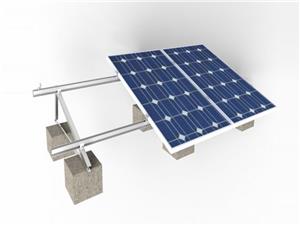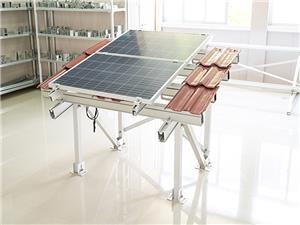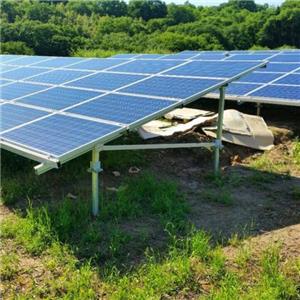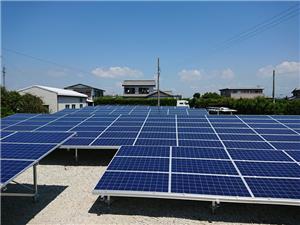How many solar panels does a family need?
On average, installing a photovoltaic solar system in a home that can accommodate up to three people and consumes 250 kwh per month requires seven solar panels to save up to 95% of the electricity bill.
For the industry that consumes 800 kwh per month, an average of 20 photovoltaic solar panels need to be installed to supply the monthly consumption.
The installation of residential solar systems is equivalent to saving over R $2000 per year in Enel's distribution area (Sao Paulo area). In the case of commercial solar systems, more than 7000 reais can be saved per year
The number of solar panels required varies by Region
The number of solar panels to be used depends on variables, such as the average temperature of the place, the average consumption of the house, and even the location of the house, but in Brazil, an average house needs seven solar panels for 3 people.
These issues must be taken into account when choosing the generation capacity of your PV system and how much electricity you want to reduce.
When deciding the size of a photovoltaic system, keep in mind the following questions:
What's your roof area in square meters?
How much do you want to invest?
How much do you want to save?
By installing the right amount of solar panels, you can save 95% of your energy costs.
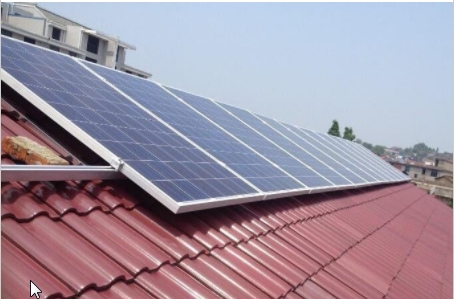
Household solar energy consumption
The energy consumption of your home can be calculated as the average of the appliances that consume the most energy. In addition to air conditioning and electric shower, which are the main energy consumers, there are several kinds of household appliances which consume high energy every month. Please check:
Two frost free refrigerators: 56.88 kwh / month;
Single door refrigerator: 25.2 kwh / month;
Dishwasher: 30.86 kwh / month;
Electric oven: 15 kwh / month;
Microwave: 13.98 kwh / month;
Stove: 68.55 kwh / month;
Electric steam iron: 7.2 kwh / month;
Washing machine: 0.13 to 0.47 kwh / washing cycle.
How many solar panels does the air conditioner need?
Seven to 11 solar panels need to be installed to meet the air conditioning consumption of 228 to 336 kwh per month.
How many solar panels does the refrigerator need?
Only one to four solar panels are needed to provide the energy consumption of the refrigerator. The amount varies by refrigerator model, average consumption and region.
Check out the most common refrigerator types, their consumption, and the number of panels needed to generate the energy used by these appliances:
1 ordinary door refrigerator: 25 degree electricity consumption, 2 solar panels;
1 frost free refrigerator: uninterrupted power consumption 39.6 degrees, 2 solar panels;
Ordinary 2-door refrigerator: 48.24 kwh uninterrupted consumption, 3 solar panels;
2 frost free refrigerators: 56.88 degree without interruption, 4 solar panels.
How many kilowatt hours / square meters can a solar panel produce?
To calculate consumption by monthly output, we need to know the daily power generation and hours of photovoltaic system. Therefore, to find out the monthly electricity consumption, we can calculate the average daily use of 8 hours in 30 days, as shown in the following example:
8 hours x 30 days per day = 240 hours
Monthly consumption = power X usage time
Monthly consumption = 1.5 kW x 240h
Monthly consumption = 360 kWh
Therefore, when we calculate the monthly consumption by kilowatt hours, we always refer to energy units. Therefore, we can calculate the power and energy of an electrical equipment by measuring its opening time and generating x watts of power. For example, 1000W opening for one hour is equivalent to 1kwh.
In addition, in order to avoid confusion between measurement units, we can use kW to represent them, which measures the power of generator, kwh, the energy generated by photovoltaic generator, and kWp, the maximum energy generated
For example, if you pay the electricity bill within one month, you can find the total energy consumed per month, expressed in kwh / month. However, power is the utilization rate of energy, equivalent to one joule per second in watts and 3600 joules per hour.
It is also worth mentioning other multiples of wh, such as megawatt hour (MWh) = 1000 kwh, gigawatt hour (GWH) = 1000 MWh and terawatt hour (TWH) = 1000 GWH.
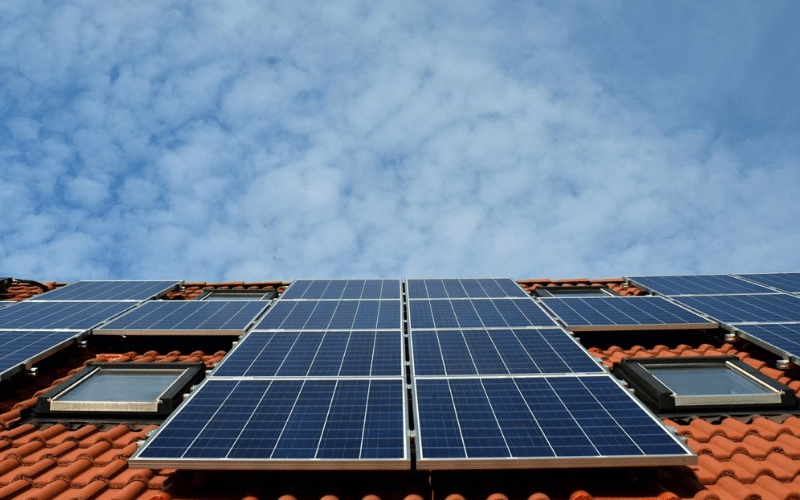
How to calculate the power generation of solar panels?
Some places have more rainfall, while others are drier, all of which affect the kWh / m2 of solar energy generated. The calculation is as follows:
Energy = power X time x (output) of solar module.
Multiply the result by 30 to show the power generation in one month.
Keep in mind that photovoltaic panels (PV panels) vary in size, and you can buy PV panels that produce 170 watt or 240 watt panels (and others). The most important is the overall size of photovoltaic system: 1kW, 1.5KW, 5KWP, etc
Note: the size of the PV system described depends on the total power generated from the PV panel (solar panel), not the size of the PV inverter. It is common to have larger solar inverters so that you can add photovoltaic panels to the solar photovoltaic system in the future. So don't be confused by the size of PV inverter.
example:
The energy generated by the PV system and 5 kW PV Inverter with PV panels up to 2.5 kW is the same as that generated by the PV system and 2.5 kW PV Inverter with PV panels up to 2.5 kW. The most important is the total power of the installed solar panels.
In the case of a large house, the number of solar panels required may vary due to the large number of rooms and electronic equipment. A large house in southern Brazil that consumes 330 kwh of electricity per month will need 10 solar panels with an average power of 3.25 kWp.
To find out the ideal size of your PV system, you must contact a qualified installation person so that he can analyze your electricity bill, your consumption habits and the available location to install the solar PV system. In this way, you can scale the PV system that suits your pocket and meets your expectations!

